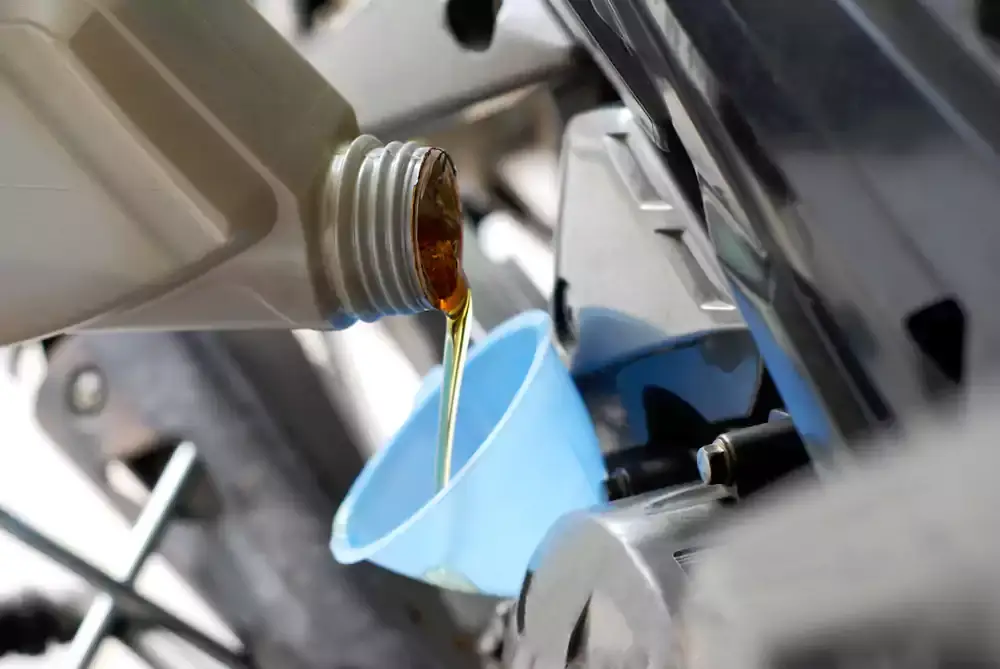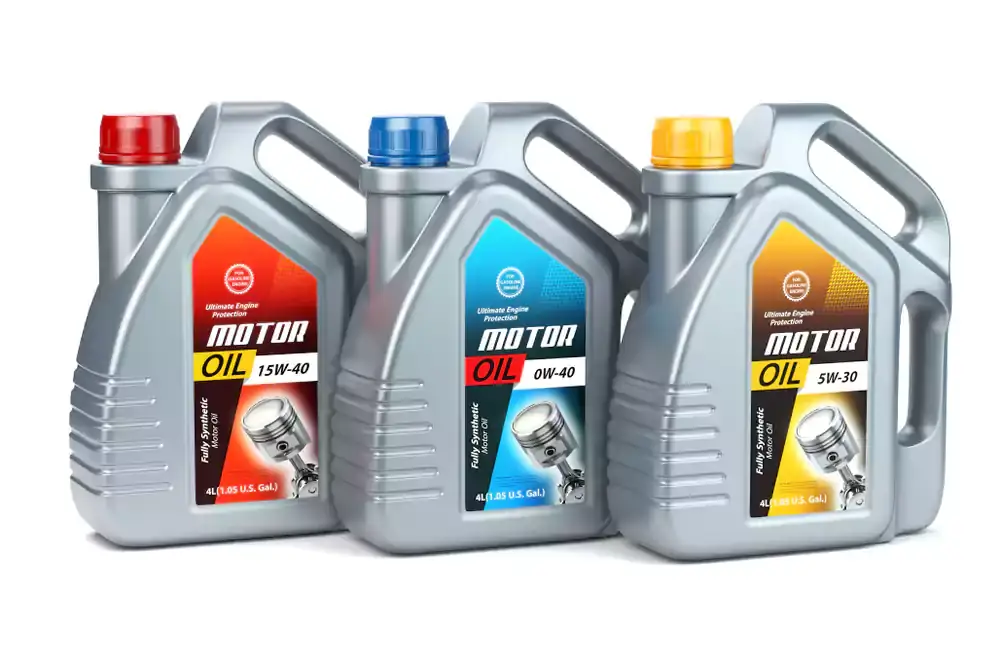In sustainability, the recycling and refining of various oils have emerged as crucial initiatives to minimize environmental impact and promote responsible waste management.
Let’s delve into the diverse types of oils, including transformer oil, coolant oil, gear oil, base oil, engine oil, and hydraulic oil, and understand how their recycling and refinement contribute to a greener, more sustainable future.
1. Transformer Oil:
Recycling Potential:
Transformer oil, used in electrical transformers, undergoes rigorous processes during its operational life. However, it can accumulate impurities over time and lose its dielectric properties. Transformer oil recycling involves removing contaminants and restoring their insulating properties, extending their life and reducing the need for new oil production.

2. Coolant Oil:
Recycling Potential:
Al engines use coolant oil, known as antifreeze, to regulate temperature and prevent freezing. Coolant oil can become contaminated with metals and other impurities as it ages. Recycling coolant oil involves
- The removal of contaminants through filtration and purification processes,
- Allowing it to be reused,
- Reducing the environmental impact associated with the disposal of used coolant.
3. Gear Oil:
Recycling Potential:
Gear oil, crucial for lubricating transmissions and gear mechanisms, undergoes significant stress during operation. Recycling gear oil involves the removal of impurities, contaminants, and degradation byproducts, restoring its lubricating properties. The refined gear oil can then be reused, contributing to sustainable practices in the automotive and industrial sectors.
4. Base Oil:
Recycling Potential:
Base oil is the primary component in lubricants, including engine and hydraulic oil. Recycling base oil involves the removal of contaminants and the restoration of its lubricating properties through refining processes. This recycled base oil can then formulate new lubricants, reducing the dependence on virgin oil production.
5. Engine Oil:
Recycling Potential:
Engine oil, essential for lubricating internal combustion engines, undergoes thermal degradation and accumulates impurities during use. Recycling engine oil is a vital step in reducing environmental pollution. The process involves removing contaminants and pollutants, allowing the refined oil to be reused. This sustainable practice significantly contributes to minimizing the environmental impact of used engine oil disposal.

6. Hydraulic Oil:
Recycling Potential:
Hydraulic oil is crucial for powering hydraulic systems in various machinery and equipment. As it ages, hydraulic oil can become contaminated with particles and lose its effectiveness. Recycling hydraulic oil involves thorough filtration and purification processes to remove contaminants, ensuring the refined oil maintains its hydraulic properties. This recycled hydraulic oil can then be reintroduced into hydraulic systems, reducing the demand for new oil production.
Conclusion:
The recycling and refining of transformer oil, coolant oil, gear oil, base oil, engine oil, and hydraulic oil play a pivotal role in sustainable waste management and environmental conservation.
By adopting these practices, industries contribute to the circular economy, minimizing the reliance on virgin oil production and reducing the environmental impact of used oil disposal.
As we embrace these eco-friendly initiatives, we pave the way for a greener and more sustainable future, ensuring our valuable resources are conserved and utilized responsibly.
Should you require any further information, please feel free to get in touch with us.


